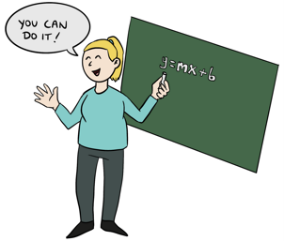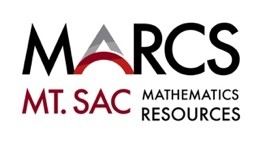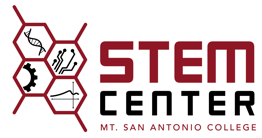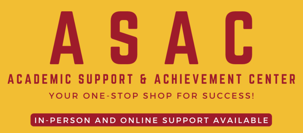MATH 140 Calculus for Business
- Plan to study outside of class at least 8 hours each week, or more if it has been a while since you have taken a math class.
- Study actively by doing practice problems, making note cards, and making study guides.
- Attend professor's student hours (office hours) and math support centers regularly.
- Form study groups with other students in class and try to explain problems as you do them.

Calculus is a powerful branch of mathematics built upon many different mathematical concepts. It involves more than just memorization, algebraic and trigonometric manipulation, and deriving proofs! It will help you combine these skills with an understanding of how things change, so that you can apply mathematical concepts in any field you are interested in, from engineering to economics.
- Basic arithmetic and algebra, including simplifying expressions and factoring
- Logarithmic and exponential functions and their properties
- Solving equations and inequalities involving polynomial, rational, root, exponential, and logarithmic functions
- Join the MATH 140 Math Jumpstart Canvas page, created by Mt. SAC math faculty, with topic-based modules that include 5-10 minute refresher videos and practice problems to review at your own pace.
- Enroll in a free faculty-led noncredit math prep class through AIME (Academic Instruction for Math and English) in Mt. SAC’s School of Continuing Education.
- MATH MATH 140+14 Business for Calculus w/ Support [6 units]
- MATH 180 Calculus I [4 units] or MATH 180+18A Calculus I w/ Support [6 units]
- MATH 110 Elementary Statistics [3 units] or MATH 110+11 Elementary Statistics w/Support [5 units]
Note that course numbering does not indicate difficulty of course content. If you have further questions about which course is right for you, please speak to a counselor.
Anyone can learn calculus! It is not a skill set that one is either born with or not.
YOU are capable not only of learning calculus, but also of excelling in calculus!
For additional calculus help, please visit the Math Activities Resource Centers (MARCS) or the Academic Support and Achievement Center (ASAC).





